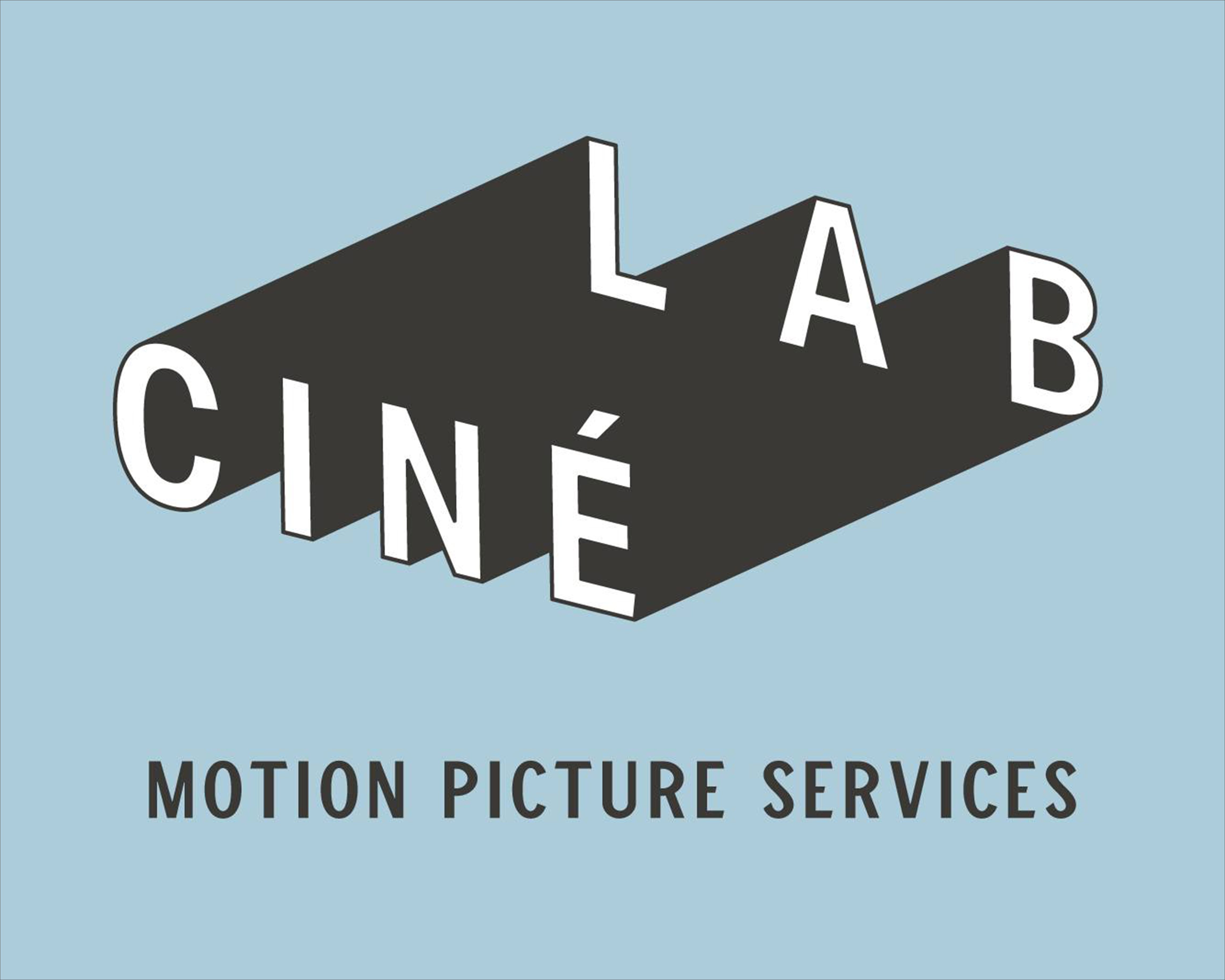Bob Kessler
New member
Hi all,
Please excuse me, but I have to get this off of my chest.
I have been working as a sound designer/audio post engineer and location recordist for about three years now. Before that I was a performer, including touring with an internationally recognized recording group, and as a recording engineer, not to mention all of the “real world” jobs that you have to do before you get here.
What is it with Producers and Directors who relegate the sound of their films to an after thought? Without sound your film is just a bunch of pretty pictures without meaning. And yet you refuse to budget a reasonable amount of money to the sound of your project.
SOUND IS HALF THE EXPERIENCE - Steven Spielberg
Why is it that less than 5% your budget goes towards the sound of your film?
Why is it that your location recordist (if you even bother to retain one) is an inconvenience to be worked around?
Why is it that many of us in the audio post production field spend most of our time trying to clean up lousy location audio?
Why is it that you want a sound designer to somehow magically make a scene (or entire project) work?
A FILM IS 50% SOUND!!!
Try watching a film with the sound turned off and see if you can figure out what’s going on. Then listen to it with the picture turned off. Which medium provides the most information?
I recently watched that series on IFC about NYU film students. One of them didn’t “want to have to deal with ” location sound and “couldn’t be bothered” with the audio post production of his project. Well, at the screening people couldn’t understand what the characters were saying. (He failed.) This kind of attitude prevails even at the “Hollywood” level. Somehow the sound will magically be made to work and save the project.
When you were floating in your mothers womb your ears worked at 4 months. You could hear your mothers heartbeat and the sounds of the world around her. Your hearing was the first sense that provided you with any information about the world. Even after you were born you recognized voices long before you recognized faces, and long before you could make causal connections with your other senses.
Many of the “great” “classic” films made in the last 30 years or so included the sound designer in the pre-production process. Many of the “great” directors pay an enormous amount of attention to the sound of their films. Maybe this is why they are stand-outs. Back in the late’20s and early’30s sound was king! The location recording engineer had the power to cut a take if the sound was not perfect, because the sound on the set was the only sound there was. There wasn't any audio post production of any kind; no ADR, no music editing, no Foley, no sound effects. Everything, dialog, sound effects and music, was recorded and mixed LIVE on the set. And it all had to be consistent from edit to edit.
Sound has (by many) been relegated to a “technical” exercise. Believe it or not, sound designers are just as creative as your production designer, DP/cinematographer, or any other person associated with your project. A sound designer can immeasurably improve your work if consulted during pre-production. In conjunction with your location sound engineer, involving the sound designer during the pre-production process can provide new insights into your work, refine your shot list, quantify your props and streamline the post production process, saving you time and money.
I’m sorry for the long diatribe, but it needed to be said.
For more information regarding film sound go to: www.filmsound.org
It is a priceless resource.
Please excuse me, but I have to get this off of my chest.
I have been working as a sound designer/audio post engineer and location recordist for about three years now. Before that I was a performer, including touring with an internationally recognized recording group, and as a recording engineer, not to mention all of the “real world” jobs that you have to do before you get here.
What is it with Producers and Directors who relegate the sound of their films to an after thought? Without sound your film is just a bunch of pretty pictures without meaning. And yet you refuse to budget a reasonable amount of money to the sound of your project.
SOUND IS HALF THE EXPERIENCE - Steven Spielberg
Why is it that less than 5% your budget goes towards the sound of your film?
Why is it that your location recordist (if you even bother to retain one) is an inconvenience to be worked around?
Why is it that many of us in the audio post production field spend most of our time trying to clean up lousy location audio?
Why is it that you want a sound designer to somehow magically make a scene (or entire project) work?
A FILM IS 50% SOUND!!!
Try watching a film with the sound turned off and see if you can figure out what’s going on. Then listen to it with the picture turned off. Which medium provides the most information?
I recently watched that series on IFC about NYU film students. One of them didn’t “want to have to deal with ” location sound and “couldn’t be bothered” with the audio post production of his project. Well, at the screening people couldn’t understand what the characters were saying. (He failed.) This kind of attitude prevails even at the “Hollywood” level. Somehow the sound will magically be made to work and save the project.
When you were floating in your mothers womb your ears worked at 4 months. You could hear your mothers heartbeat and the sounds of the world around her. Your hearing was the first sense that provided you with any information about the world. Even after you were born you recognized voices long before you recognized faces, and long before you could make causal connections with your other senses.
Many of the “great” “classic” films made in the last 30 years or so included the sound designer in the pre-production process. Many of the “great” directors pay an enormous amount of attention to the sound of their films. Maybe this is why they are stand-outs. Back in the late’20s and early’30s sound was king! The location recording engineer had the power to cut a take if the sound was not perfect, because the sound on the set was the only sound there was. There wasn't any audio post production of any kind; no ADR, no music editing, no Foley, no sound effects. Everything, dialog, sound effects and music, was recorded and mixed LIVE on the set. And it all had to be consistent from edit to edit.
Sound has (by many) been relegated to a “technical” exercise. Believe it or not, sound designers are just as creative as your production designer, DP/cinematographer, or any other person associated with your project. A sound designer can immeasurably improve your work if consulted during pre-production. In conjunction with your location sound engineer, involving the sound designer during the pre-production process can provide new insights into your work, refine your shot list, quantify your props and streamline the post production process, saving you time and money.
I’m sorry for the long diatribe, but it needed to be said.
For more information regarding film sound go to: www.filmsound.org
It is a priceless resource.





